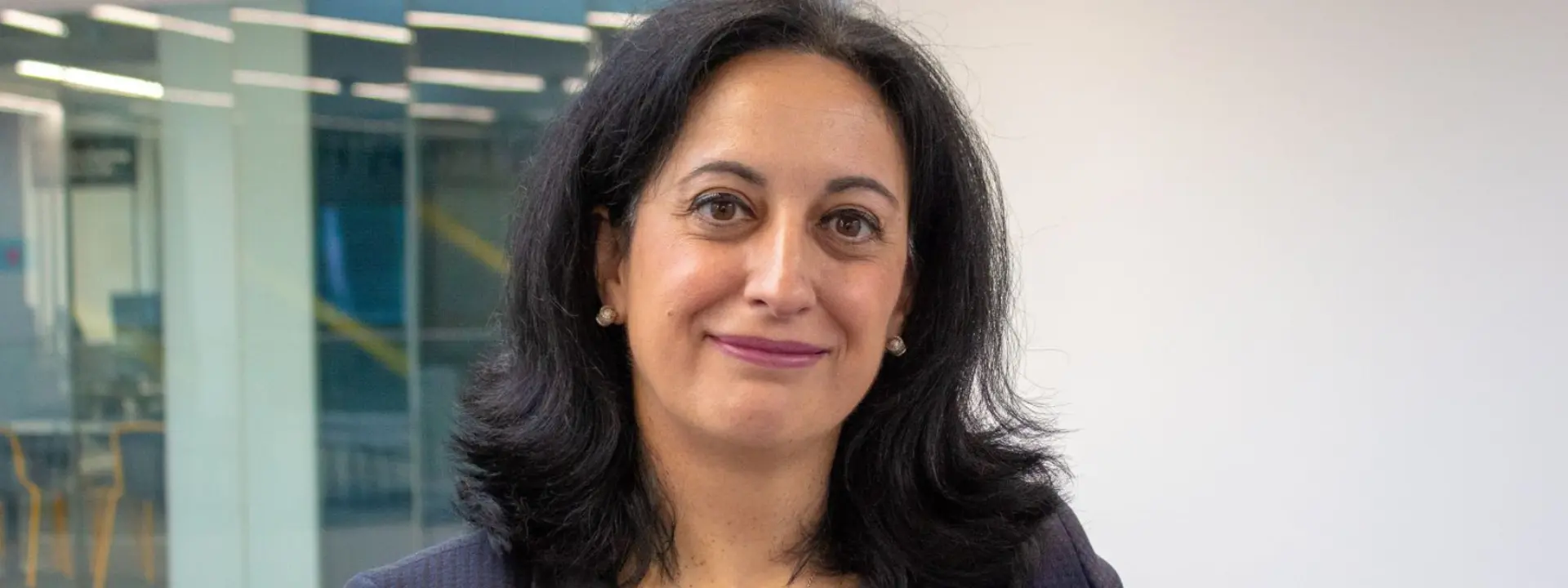Universities must help industry shape the emerging global carbon market

In this week’s Herald, Professor Mercedes Maroto-Valer, Deputy Principal for Global Sustainability, reflects on COP29, sharing her insights and aspirations for its impact on the global fight against climate change.
As 2024—set to be the hottest year on record—draws to a close, one of the standout moments in the global fight against climate change was COP29, held in Baku, Azerbaijan. This pivotal event brought nations from every corner of the globe together with high hopes of striking a financial deal to tackle the impacts of climate change and establishing a global architecture for carbon markets.
I had the privilege to take part in these discussions as a technology diplomat and member of the UN Council of Engineers for Energy Transition, and despite criticism of the financial deal outcome, I remain a realistic optimist in that together we can deliver entrepreneurial innovation to address unmet needs, stimulating the emerging global carbon markets.
Let us look at the facts. COP29, widely referred to as the “Finance COP,” delivered a climate deal worth $300 billion annually from the developed world by 2035 (from the previous goal of $100 billion), aimed at accelerating the energy transition in developing nations. While it falls short of the $1.3 trillion initially sought to address climate impacts, and calls persist for wealthier nations to step up their contributions, this is not about charity. Climate finance is a strategic investment—one that underpins a sustainable and resilient global future to be achieved by wider private and public funds.
COP29 also reached agreement on carbon markets – which several previous COPs had not been able to achieve. The approval of Articles 6.2 (country-to-country trading) and 6.4 (centralised international carbon market) to begin as early as 2025 would allow a buyer and seller to exchange emissions cuts as carbon credit toward funding decarbonisation projects, reducing emissions for both and offsetting costs.
Looking ahead, several key trends are set to shape the evolution of carbon markets through the remainder of the decade and beyond. A major development will be the strengthening of cross-border collaboration, ensuring emission reductions occur where they are most cost-effective and environmentally impactful. Another critical opportunity lies in the integration of emerging technologies which will drive both innovation and commercialisation of new climate solutions.
The global carbon market would see an influx of funding earmarked for the needed research and development of cost-effective and efficient green technology. Here, our universities must play a pivotal role in bridging the gap between cutting-edge technological advancements and practical emissions reduction strategies. By integrating sustainable finance models into national economic frameworks, we can incentivise private sector investment in renewable energy and carbon reduction technologies.
Investment is needed to maintain and upgrade grids, increase global energy storage capacity, develop green energy zones and corridors to stimulate economic growth and unlock the potential of a global market for clean hydrogen. Through collaboration and innovation, we can tap into climate finance as a driver of economic growth, and this is where universities, like Heriot-Watt, are uniquely placed to lead, fostering partnerships between academic, industry, and governments to transfer the knowledge and co-develop technology essential for climate solutions.
As carbon markets mature, they are poised to become even more transformative tools on the global journey to net-zero. Their true importance lies not just in reducing emissions, but in addressing the inherently global nature of climate change—an issue that transcends borders and demands collective action. So, let’s enter the New Year with renewed optimism and embrace the commitments made at COP29. While there is still much work to be done, universities across the world, including Heriot-Watt, stand ready to play their part in addressing climate change and bringing prosperity for all.